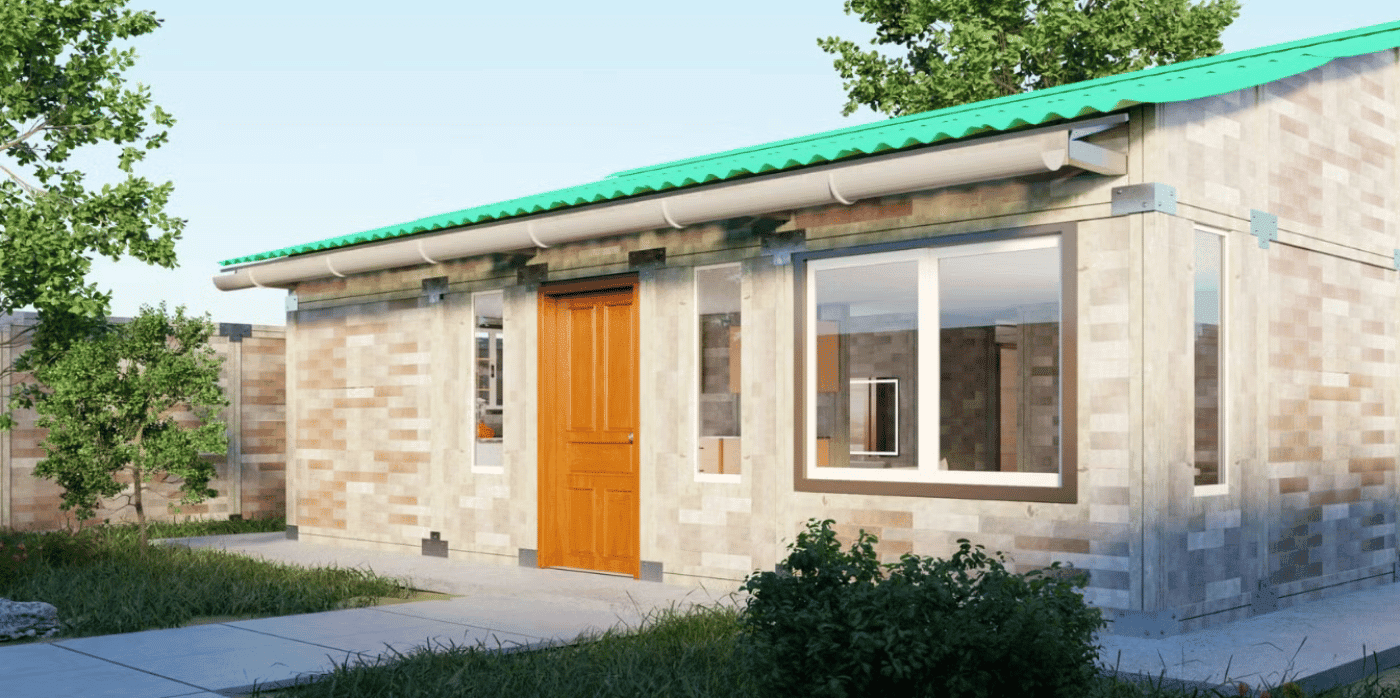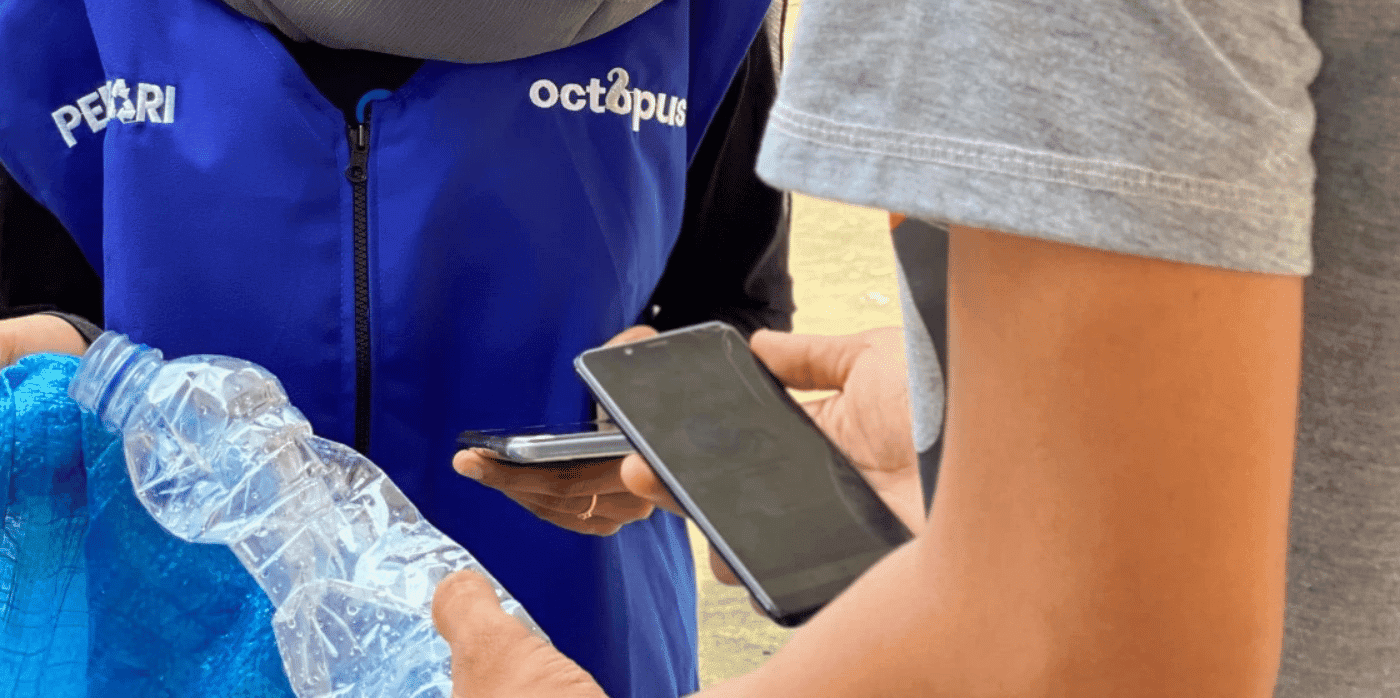Turning post-consumer plastic into building materials

Spotted: Two issues that often face developing economies are a deficit in recycling infrastructure and the availability of affordable housing. Timao Group is aiming to provide an answer to both these problems through its provision of modular homes made from recycled plastic.
Timao transforms post-consumer plastic into the materials necessary to create its modular homes, like interlocking blocks, universal beams, and plastic beams. In converting the recycled plastic into generic component parts, the homes can easily be constructed and extended, crucially reducing the cost of maintenance and labour. The company also utilises turnkey delivery and installation methods to make sure that construction of the houses is as simple as possible, with the construction systems being produced off-site to then be delivered and fully assembled on-site.
The group believes in a triple-impact philosophy of its business model, meaning it aims to have a positive impact on both the social and environmental levels, without neglecting or risking economic profitability.
Earlier this year, Timao received the SME Award at the Africa Climate Summit (ACS) High-level CEOs Roundtable and more recently, was selected as a participant in the third Project NINJA accelerator programme, which will help the company scale within the Kenyan market.
The construction industry is brimming with new methods and materials to help make the homes of tomorrow more sustainable and affordable. Springwise has also spotted one company that upcycles plastic into building materials, as well as another that creates sustainable home insulation using natural wool.
Written By: Archie Cox



